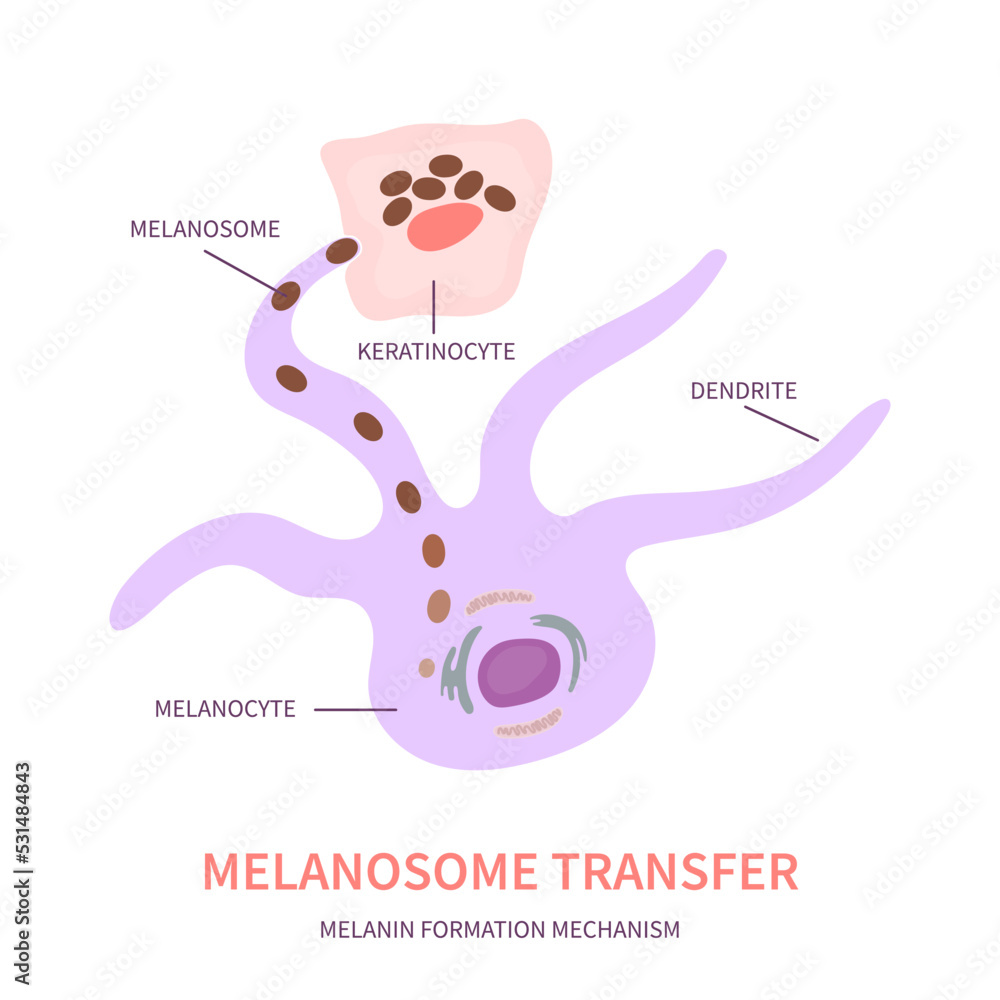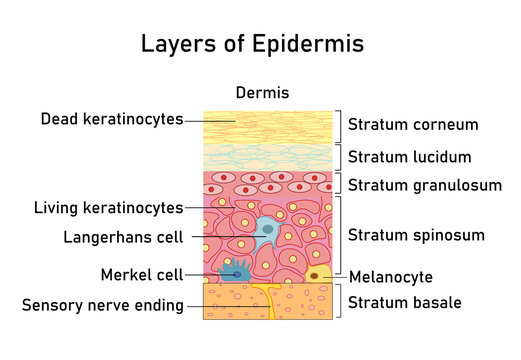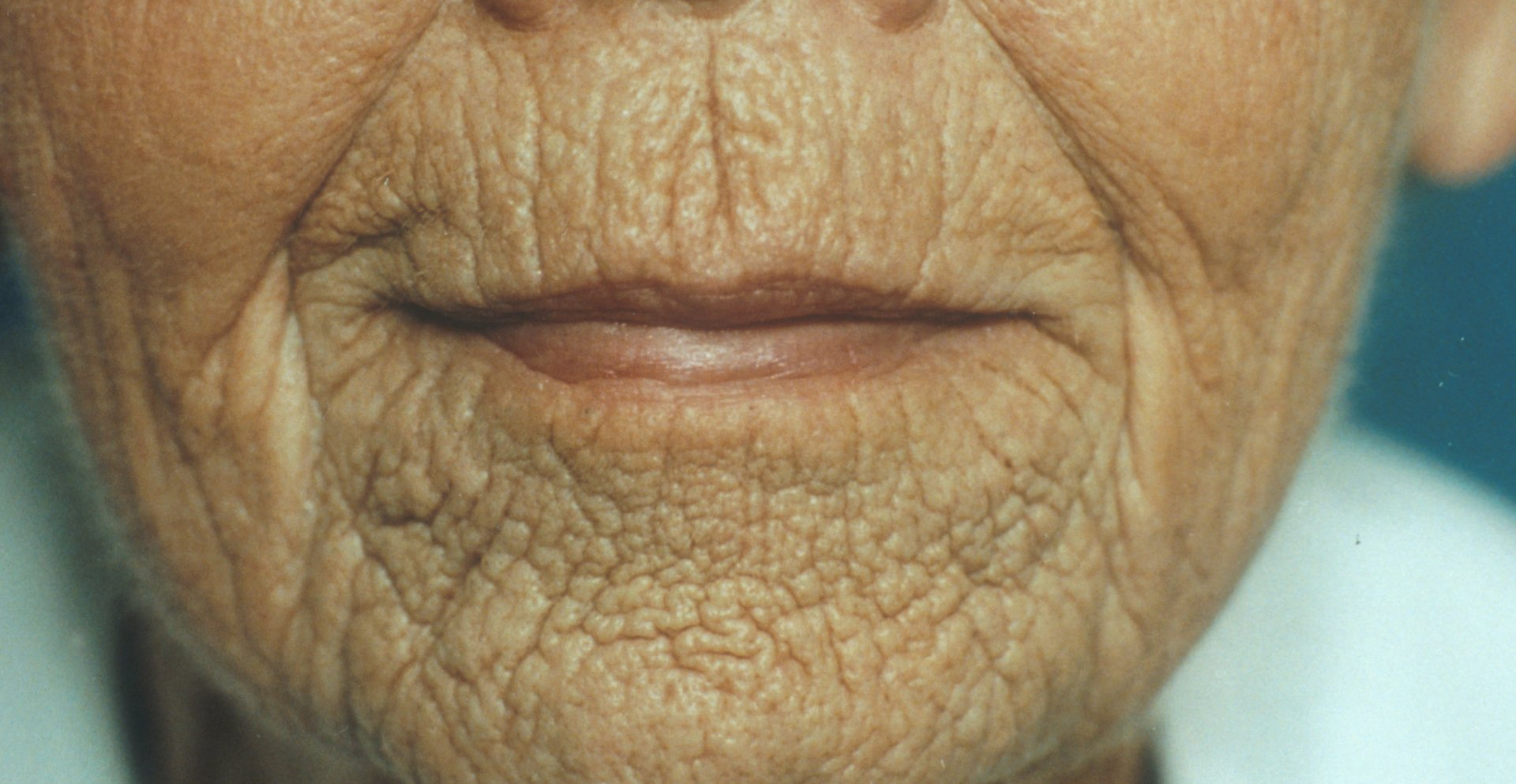Ultraviolet radiation, both natural (from sunlight) and artificial (from tanning beds and certain types of lighting), has profound effects on the skin's pigmentation systems. These effects are primarily mediated through the stimulation of melanin production, a process known as melanogenesis, which serves as the skin's built-in sunscreen.
Melanogenesis and Cell Turnover
The process begins in the pituitary gland, where UV rays stimulate the production of melanin-stimulating hormone (MSH). MSH, in turn, activates melanocytes, the cells responsible for melanin production. Melanocytes then transfer melanin to keratinocytes, the most common type of skin cell, which move up to the skin's surface and provide pigmentation. Let's break that down...

Think of your skin as a garden where your cells are the plants. This garden is special because it can adjust its shade according to the sunlight it receives. When the sun shines brightly, it's essential for the garden to protect its plants from getting scorched. In this scenario, the sun represents UV rays, and the garden's way of creating shade is through melanogenesis. When your skin senses sunlight (UV radiation), it sends a signal back to a control center in your body (the pituitary gland), similar to how a sensor in a smart garden might detect sunlight intensity and trigger a response to protect the plants.
This control center releases a hormone called melanin-stimulating hormone (MSH), which acts like a signal to the garden's caretakers (melanocytes). These caretakers respond by producing melanin, which is accustomed to the garden deploying sunshades over the plants. Melanin acts as a natural sunblock, absorbing and dissipating the harmful UV rays to protect the garden.
Keratinocyte-Cell Turnover
Now, let's talk about the soil in this garden, which needs regular turnover and refreshment to support healthy plant growth. In your skin garden, the soil represents the keratinocytes, the most common type of skin cells.

Just as garden soil needs to be turned over to remain fertile and healthy, keratinocytes are constantly being renewed. Old cells (or plants) are shed from the surface, making way for new ones to emerge from below. This process is crucial for keeping the garden (your skin) looking fresh and healthy. It also helps in efficiently utilizing the shade (melanin) produced by the caretakers (melanocytes), ensuring that the garden maintains its protective cover and remains vibrant.
By understanding melanogenesis and keratinocyte-cell turnover in this manner, it's easier to appreciate how our skin protects itself from the sun's rays and maintains its health and appearance through a self-renewing process. Melanogenesis stimulates this turnover, ensuring that new, healthy cells replace the old ones. This process is essential for maintaining the integrity of the spinosum layer, a key part of the epidermis. If this layer is compromised, pigmentation issues can arise, such as poor pigment deposition or the development of dermal pigmentation due to pigment falling into the dermojunction and then into the papillary layer. Pigment usually does not reside in this area...think of it turning into a tattoo.
Collagen Health and UV Exposure
Collagen, a primary structural protein in the dermis, provides skin with strength and elasticity. However, UV exposure increases the activity of collagenase, an enzyme that breaks down collagen. This breakdown, combined with a loss of skin's defense systems, leads to weakened collagen and elastin fibers. These fibers then lose their strength and elasticity, leading to cellular aging signs like wrinkles and sagging.

The damage doesn't stop there; glycation, a process where sugar molecules attach to proteins like collagen, further deteriorates skin's structural integrity. This can lead to the skin's inability to bounce back from damage, contributing to the aging process.

Impact on Keratinocytes and Skin Health
The health of keratinocytes is crucial in this intricate system. If these cells are not in optimal condition, several problems can arise:
- Slow Cell Turnover: This can lead to incomplete skin renewal, resulting in the accumulation of dead skin cells on the surface.
- Incomplete Corneocyte Compaction and Sloughing: These issues can cause the skin's surface to appear rough and can lead to the development of comedones (blackheads and whiteheads).
- Keratolytic Disorders: Conditions characterized by abnormal skin peeling or shedding can become more pronounced. What does that look like? Dead skin accumulating quicker than your body can shed, amongst other variations.
The effects of UV radiation on melanogenesis, keratinocyte turnover, and the integrity of collagen and elastin fibers—requires a targeted approach with skincare ingredients that offer protection and repair. Here are some key ingredients that can support these concerns:
1. Sunscreens (UV Filters)
- Broad-spectrum sunscreens: These protect against both UVA and UVB rays. Although everyone's biochemistry adjusts differently to produce there own sun protection factor (SPF), products with at least 30 SPF are crucial for protecting the skin from UV-induced damage.
2. Antioxidants
- Vitamin C: Helps in collagen synthesis and lightens pigmentation, offering protection against UV-induced photodamage.
- Vitamin E (Tocopherol): Works synergistically with vitamin C for enhanced sun protection and helps in repairing the skin.
- Ferulic Acid: Boosts the effects of vitamins C and E, and fights free radicals.
Check out this bad boy..
3. Retinoids
- Retinol (Vitamin A): Promotes skin renewal by accelerating keratinocyte (dead skin) turnover, which helps in the reduction of fine lines and pigmentation. My go to's
4. Peptides
- Collagen Peptides: Signal the skin to produce more collagen, helping to maintain skin’s elasticity and firmness.
- Elastin-stimulating peptides: Aid in improving skin elasticity by encouraging the production of elastin.
5. Niacinamide (Vitamin B3)
- Reduces inflammation, lightens hyperpigmentation, and strengthens the skin’s barrier function, preventing moisture loss and protecting against environmental damage.
6. Alpha Hydroxy Acids (AHAs) and Beta Hydroxy Acids (BHAs)
- Glycolic Acid (AHA): Exfoliates the skin, removing dead skin cells, and promotes new cell growth.
- Salicylic Acid (BHA): Works deeper to unclog pores and reduce comedones, making it ideal for acne-prone skin.
7. Hyaluronic Acid
- A moisture-binding ingredient that hydrates the skin, making it look plump and elastic.
8. Polyphenols and Flavonoids
- Found in green tea and grape seed extract, these compounds offer potent antioxidant protection against UV damage.
UV exposure triggers a complex cascade of biochemical events in the skin, affecting everything from pigmentation to the integrity of structural proteins like collagen. While melanogenesis plays a critical protective role by increasing pigmentation to shield the skin from UV damage, the process also highlights the importance of maintaining healthy skin cells and systems. Protective measures, such as using sunscreen and avoiding excessive sun exposure, are essential to safeguard skin health against the detrimental effects of UV radiation. Additionally, maintaining overall skin health through proper nutrition, hydration, and skincare routines can help mitigate these effects, preserving skin's resilience and youthful appearance.


